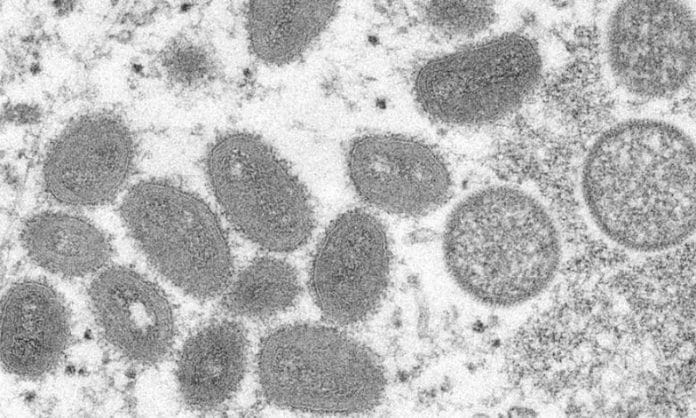UNAIDS has expressed concern that some public reporting and commentary on Monkeypox has used language and imagery, particularly portrayals of LGBTI and African people, that reinforce homophobic and racist stereotypes and exacerbate stigma.
Monkeypox is a disease of global public health importance as it not only affects countries in West and Central Africa, but the rest of the world, including several Western-European countries such as Denmark, France, Germany, Spain, Italy, Portugal, Sweden and the UK. Since 13 May 2022, cases of monkeypox have been reported to WHO from 12 Member States that are not endemic for monkeypox virus.
A significant portion of the cases have been identified among gay, bisexual, and other men who have sex with men, with some cases identified through sexual health clinics.
UNAIDS is the United Nations entity, which is leading the global effort to end AIDS as a public health. It says in a statement that lessons from the AIDS response show that stigma and blame directed at certain groups of people can rapidly undermine outbreak response.
“Stigma and blame undermine trust and capacity to respond effectively during outbreaks like this one,” said Matthew Kavanagh, UNAIDS Deputy Executive Director a.i. “Experience shows that stigmatizing rhetoric can quickly disable evidence-based response by stoking cycles of fear, driving people away from health services, impeding efforts to identify cases, and encouraging ineffective, punitive measures.”
Monkeypox is transmitted to humans through close contact with an infected person or animal, or with material contaminated with the virus. It can occur from direct contact with the blood, bodily fluids, or cutaneous or mucosal lesions of infected animals.
Global public health
Monkeypox is a viral zoonosis with symptoms very similar to those seen in the past in smallpox patients, although it is clinically less severe. Monkeypox primarily occurs in Central and West Africa, often in proximity to tropical rainforests and has been increasingly appearing in urban areas. Animal hosts include a range of rodents and non-human primates.
Vaccination against smallpox was demonstrated through several observational studies to be about 85% effective in preventing monkeypox. Thus, prior smallpox vaccination may result in milder illness.




